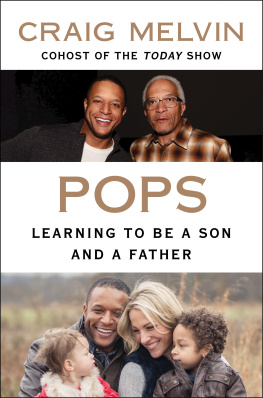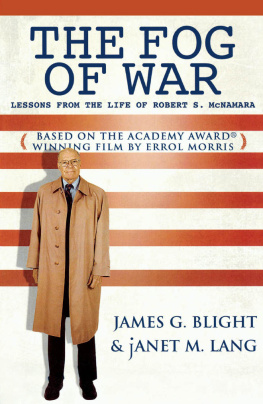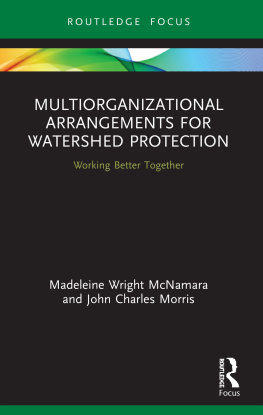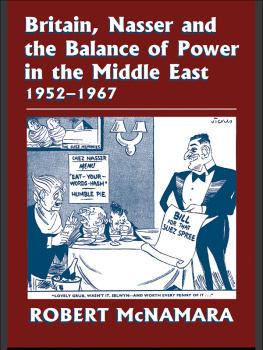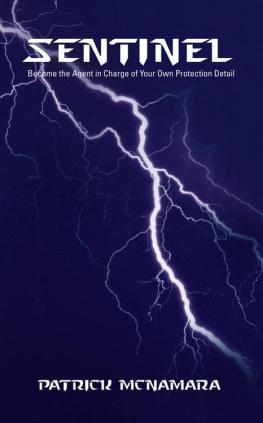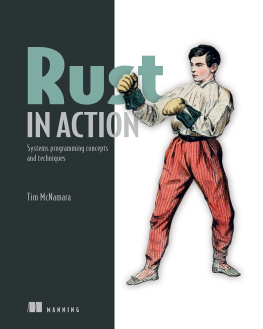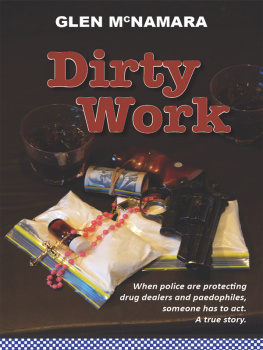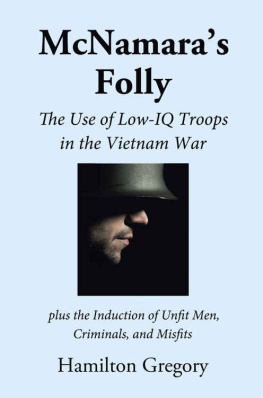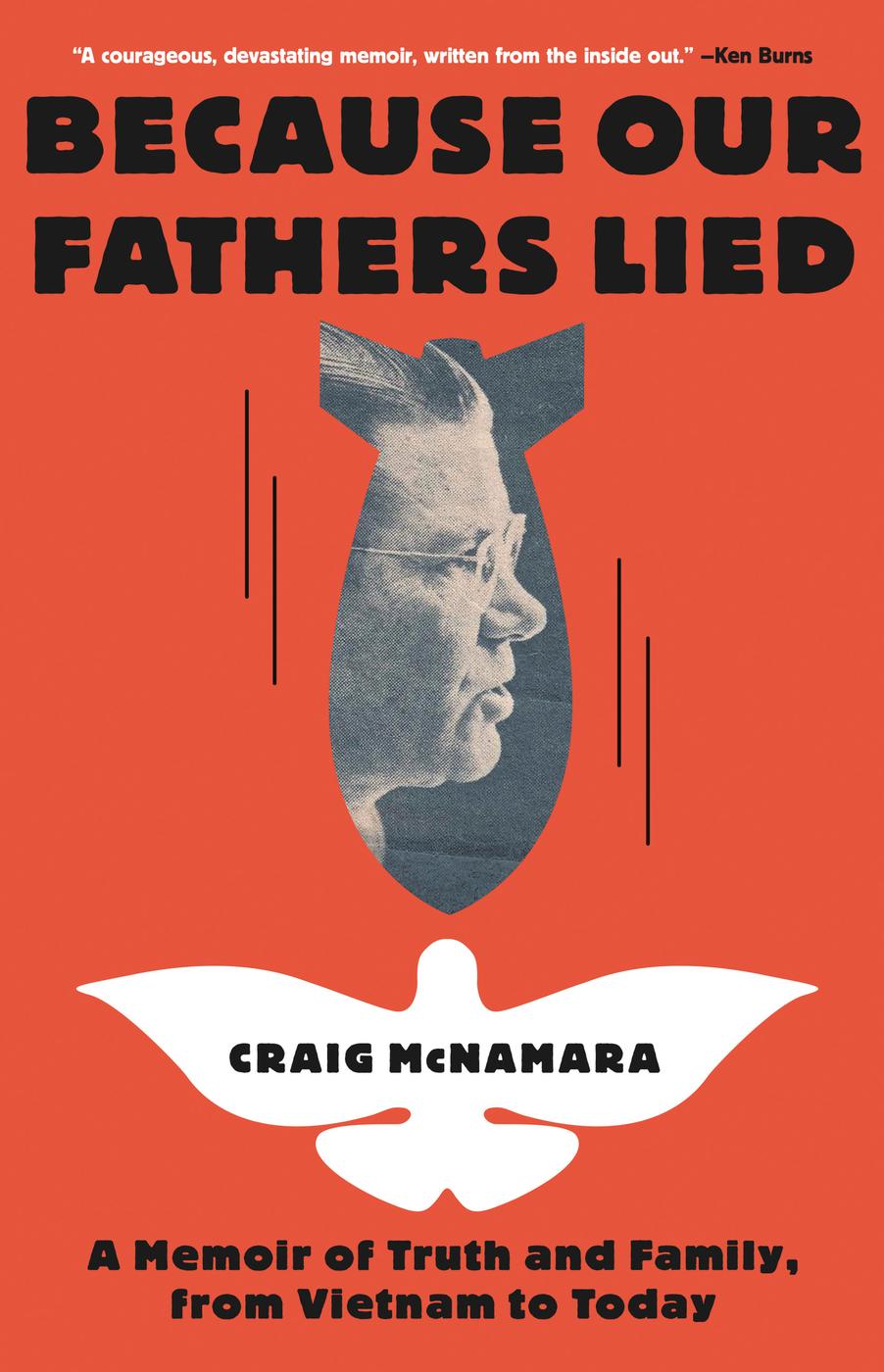
Copyright 2022 by Craig McNamara
Cover design by Juliana Lee
Cover image courtesy of the author
Cover 2022 Hachette Book Group, Inc.
Hachette Book Group supports the right to free expression and the value of copyright. The purpose of copyright is to encourage writers and artists to produce the creative works that enrich our culture.
The scanning, uploading, and distribution of this book without permission is a theft of the authors intellectual property. If you would like permission to use material from the book (other than for review purposes), please contact permissions@hbgusa.com. Thank you for your support of the authors rights.
Little, Brown and Company
Hachette Book Group
1290 Avenue of the Americas, New York, NY 10104
littlebrown.com
facebook.com/littlebrownandcompany
twitter.com/littlebrown
First Edition: May 2022
Little, Brown and Company is a division of Hachette Book Group, Inc. The Little, Brown name and logo are trademarks of Hachette Book Group, Inc.
The publisher is not responsible for websites (or their content) that are not owned by the publisher.
The Hachette Speakers Bureau provides a wide range of authors for speaking events. To find out more, go to hachettespeakersbureau.com or call
(866) 376-6591.
Unless otherwise indicated, all photographs are from the author's collection.
ISBN 9780316282444
E3-20220328-NF-DA-ORI
To Margaret McKinstry Craig.
She gave me her maiden name, her Pacific-blue eyes, and her love of nature. It is her love that has guided my lifes journey.
Explore book giveaways, sneak peeks, deals, and more.
Tap here to learn more.

If any question why we died
Tell them, because our fathers lied
Rudyard Kipling
Just tell me the truth. Seems simple enough. Yet for all of my life, I struggled to arrive at the truth with my father. He never told me that he knew the Vietnam War wasnt winnable. But he did know, and he never admitted it to me. More than a decade after his death, I still wonder why he was no more honest with me than he was with the American public.
When I was a kid, my parents were infallible, like two gods. My life revolved around my mother and father: the peace of our family, the security of my school, friends, and home. We lived in Washington, DC, among the rest of Americas sometime deities, those who in 1964 still remained from Camelot.
I remember the familiar arched hallway of our three-story house. We had huge double doors at the entrance. Our hallway mirror reflected my moms stairway planter, as lush as an indoor greenhouse. Coming home from school each day, Id search for a snack in the faded yellow kitchen. I never had to wait long for my mothers embrace. My dog Michael, a golden retriever, was always present. In the evenings and on the weekends, my parents and I would walk beneath the elms and flowering dogwoods of Rock Creek Park. These were brisk walks. Nothing slowed my dad down, neither the scent of the azaleas nor the ephemeral sense that we were at peace.
On Sunday mornings, two or three newspapers arrived at our front door. I would retrieve them and bring them into the kitchen. Dad would unfold the newspapers on the dining room table and read them from cover to cover, with a furrowed brow and clenched jaw and with his blue china coffee cup poised in his left hand. I could hear Mom scrambling eggs with her wire whisk, roasting bacon, and toasting Dads favorite whole wheat Thomas English Muffins. My role was to sit quietly at the table.
I dont think it was mere silence that my father required at breakfast. Rather, it was a moment of peace in what must have been days of striving, a hurried and demanding life. Invariably on those quiet Sunday mornings, the kitchen phone would ring. My dad would answer, and after clearing his throat with a short cough, the first words out of his mouth would be Yes, Mr. President.
Pause.
Well, Marg was planning on making cheeseburgers for Craigie and me, and maybe some tennis in the afternoon.
Another pause. I couldnt hear what President Johnson was saying on the other end of the line, but I could hear his voice in my head. That familiar drawl was not yet threatening. A smile formed on my lips.
Oh, yes, Mr. President. Well be there.
Shortly after the call, we all got into the blue Ford Galaxy with DC license plates (#3) and drove through the empty avenues of Washington to the White House. There wasnt much traffic in those days, and the drive wasnt long. This trip happened several times, but I never got used to it.
The guard at the entry gate leading into the Rose Garden raised the iron post as we arrived. We drove up to the White House, where the President was waiting to greet us. With his sweet Texan demeanor, Lyndon Johnson leaned over to my mom, gave her a big kiss, and said, Margy, its so nice to have you and Bob come by. Bring that boy of yours up to our family dining room, as I know he must be starving.
In the dining room, President Johnson sat at one end of a deeply polished mahogany table, with Lady Bird at the other end. The ceilings were high, the walls painted with murals of colonial scenes. The room was both grand and intimatewarm but also echoing and exposed. Dad was seated to the Presidents left, Mom to his right. To this day, I cant remember where I sat. Perhaps these experiences were too overwhelming for me to form memories. I do remember that the President was always gracious and generous.
After lunch, the President suggested that we take a dip in the indoor pool. What he really meant was that I was to take a dip while he and my father discussed the escalating war. I changed into my suit and jumped in. I kept my head above the surface, treading water in the deep end and thinking all the time about how a young American man ought to look, what face he should make. Above me, the ceiling was all blue skies and puffy cloudspainted on, peace distilled beneath the roof. From the far end of the pool, I could see the President and his loyal secretary of defense hunched over a coffee table stacked high with briefing papers. Now and then a few words reached me, the tone of a mans voice above the lapping water, but I didnt know what they were saying.
I can imagine it was fraught. The President had called his closest adviser on a Sunday morning to support him in what must have been a lonely and torturous time in the White House. The war was ramping up. What were they planning? What disastrous paths were they debating as their wives chatted comfortably nearby?
Floating in the White House pool, I had a sense that I was included in something important. I always hoped for a family day on the weekends, always wanted to go on a walk with my mom and dad, maybe play tennis, but a trip to the White House was incredibly exciting. These were strange and magical experiences for a thirteen-year-old kid. With my two older sisters already off to college and adult life, it was just me and my parents. Visiting the White House, I felt special.
The day after our lunch and swim, I sent the President and Mrs. Johnson a handwritten thank-you note. Just a few days later, I received a letter back from President Johnson. For a man about to drag a nation into war, he was quite prompt in his replies. The final line of his letter read, You were cheerful to be around.
That pretty well sums up how I thought I could and should support my father in those days. I swam near him, never went too far from his waters, and put on the right face. All thoughts of the war hovered somewhere between my head and the ceiling. I was unaware of what was coming.


